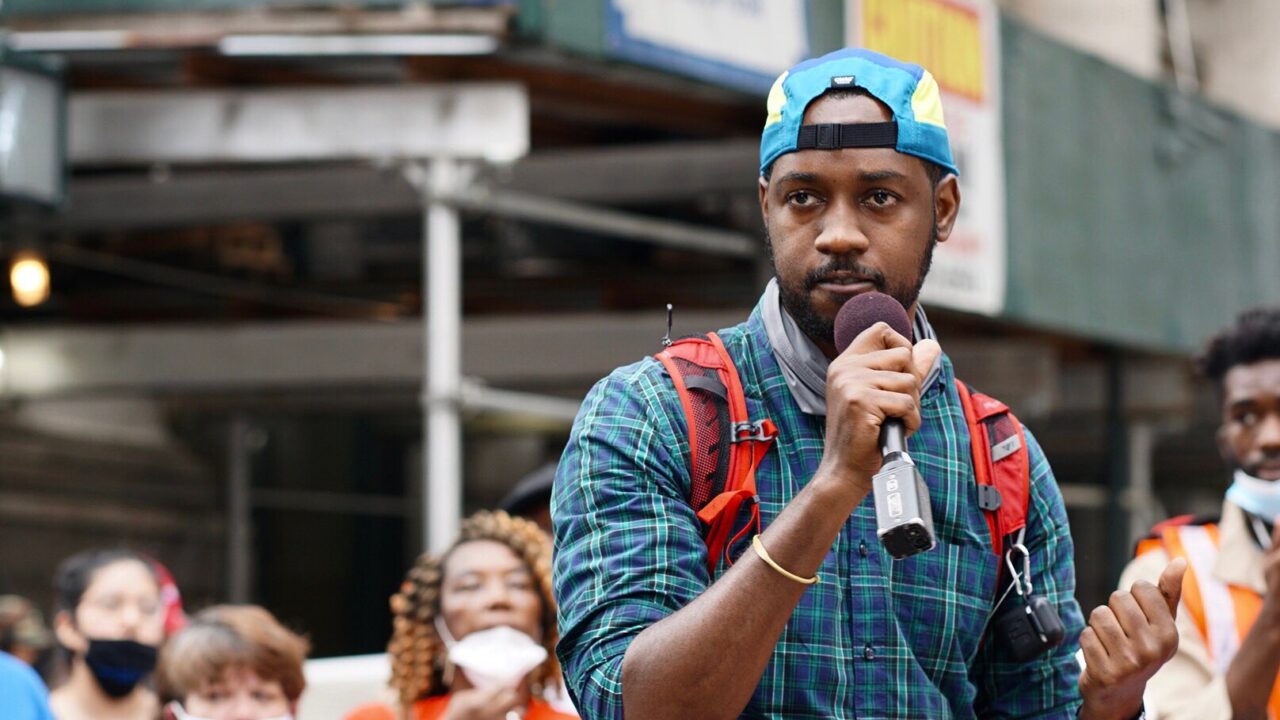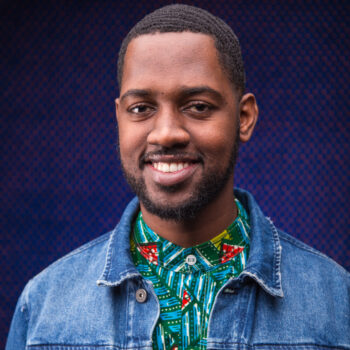This story is part of a joint series by The Forge and Prism. Read the rest of the series, Organizing, Innovation, and Upheaval, here.
2020 already feels like the longest year in history — and we’re only halfway through it. Kobe died, there’s a virus spreading like wildfire, murder hornets are invading the Pacific Northwest, the police are murdering people on a weekly basis, and an unhinged racist aspiring dictator is running for re-election.
Before the year spiraled out of control, it was already clear that it would be a busy one for me. I was in the middle of an uphill legislative battle to drastically boost investments in affordable housing, public education, and healthcare in Black and brown neighborhoods through a tax on billionaires. I was also collaborating in several states to parlay the momentum from Senator Warren’s Stop Wall Street Looting Act into local policies tackling rampant financialization. And I knew that the biggest sprint was ahead: I was carefully calendaring my vacations so I’d be well rested and available for the final stretch to Election Day.
Then everything changed. With COVID spreading rapidly in New York, most of our campaign strategy needed to be redone or put on hold. Along with the rest of the city, I was suddenly on lockdown with my partner and our dog in a small Brooklyn apartment with only cooking, rosé, and Netflix to keep us from going crazy. But things got even worse. I lost my grandmother to COVID. Numerous acquaintances were also hit hard by the virus. Food pantry lines began to stretch for blocks and “permanently closed” signs popped up on storefronts around the city as layoffs rose. While I had initially hoped the virus might increase federal spending on the social safety net, it soon became clear that the socialist policies we needed to keep people from suffering weren’t coming. Not to mention, Governor Cuomo completed an epic power grab that gave him unilateral powers to cut funding and inch New York closer to cruel austerity.
And then the uprisings happened. Organizing during the largest protest movement in U.S. history — one powered and led by dynamic Black leaders — has given me an outlet to focus my mind, get out my anger, build community, and, occasionally, get out of the house. It has also given me hope that, through all of the darkness that this year has brought, we are closer than ever to achieving justice.
We’re so close because the economic crisis induced by COVID has given us two important opportunities: a surge in the number of people with time to take action and a radicalization of the public. The crisis is forcing millions of people to develop a sharp critique of capitalism’s failure and recognize the interconnectedness of racism and capitalism. Fighting both, at scale, has left our opponents more vulnerable than ever.
As organizers, we’re facing the best possible problem. In a matter of weeks, campaigns to defund the police, remedy wealth inequality, and center investments in public goods have moved years ahead of schedule. We are working overtime to restrategize and keep up with the pace at which the public is ready to move. We’ll need to up our game in other ways too. That means no more mincing words or tempering demands to appeal to elected officials obsessed with a perceived middle ground between real collective prosperity and violence against the masses on behalf of the wealthy white ruling class.
This is a moment to lean into what we should have done all along: say what we fucking mean and demand solutions at the scale of the giant problems our people face. I’ve been organizing long enough to know that this is easier said than done. Demanding radical solutions often feels more likely to jeopardize the half loaf we usually get than to secure big, transformational wins. But we have to leave that conventional wisdom behind.
“Keeping that same energy” needs to be our new mantra. Our most ambitious demands in private must be the public policy platform, our spiciest tweets must be the messaging doc, and those wild ideas we’ve had for lit actions — yeah, let’s do that shit.
Actions should be judged on three criteria: how they make the people participating (us) feel, how they resonate with the broader “we” (and move more people into action), and how they impact their targets. All three criteria are important, but the first is usually where we fall short.
We all know the feeling of trying to get hype for a press conference or picket line. More often than not, it sucks. We find ourselves putting on a show for the press without considering if it’s a show we want to attend. As we live through one horror after another, it’s critical that we do the kind of work that sustains us.
What’s sustaining me is planning and participating in actions like none I’ve seen before. Protest “parties,” marches, and rallies driven not only by our message but by rhythms and playlists we might otherwise hear on a Friday night demonstrate that Black joy is an act of rebellion. All over New York City, daily bike ride protests have popped up; out-of-work pastry chefs have hosted bake sales to support organizing; mini-communities like Occupy City Hall and CHAZ have created platforms and model communities that drive thousands of articles and millions of social media posts; eviction defense teams are springing into action to protect homes by forming mini-occupations. All of this has been sustained by new networks of small and medium dollar donors and a rapidly growing number of activists, including musicians, medics, and street performers pushed from the subways.
There is beauty in this struggle, and the beauty is us. I have been to countless protests and organized during what I thought were other movement moments, but nothing like this. Participating in these uprisings leaves me in awe.
I am so grateful for this moment. I had resigned myself to the idea that 2020 would be a year of endless frustration, pain, and anger. When it became clear that Joe Biden would be the Democratic nominee, I convinced myself that, despite all of our hard work, the country still wasn’t ready for big changes. I’m glad I was wrong. The fight we’re in right now isn’t just for bare survival in the short term but transformation in the long term. Incrementalism has given way to bold demands and millions are ready to grasp them. For the first time since I started organizing, winning transformational change seems within reach — making it a lot easier to fight so hard. I’m excited for what comes next.

